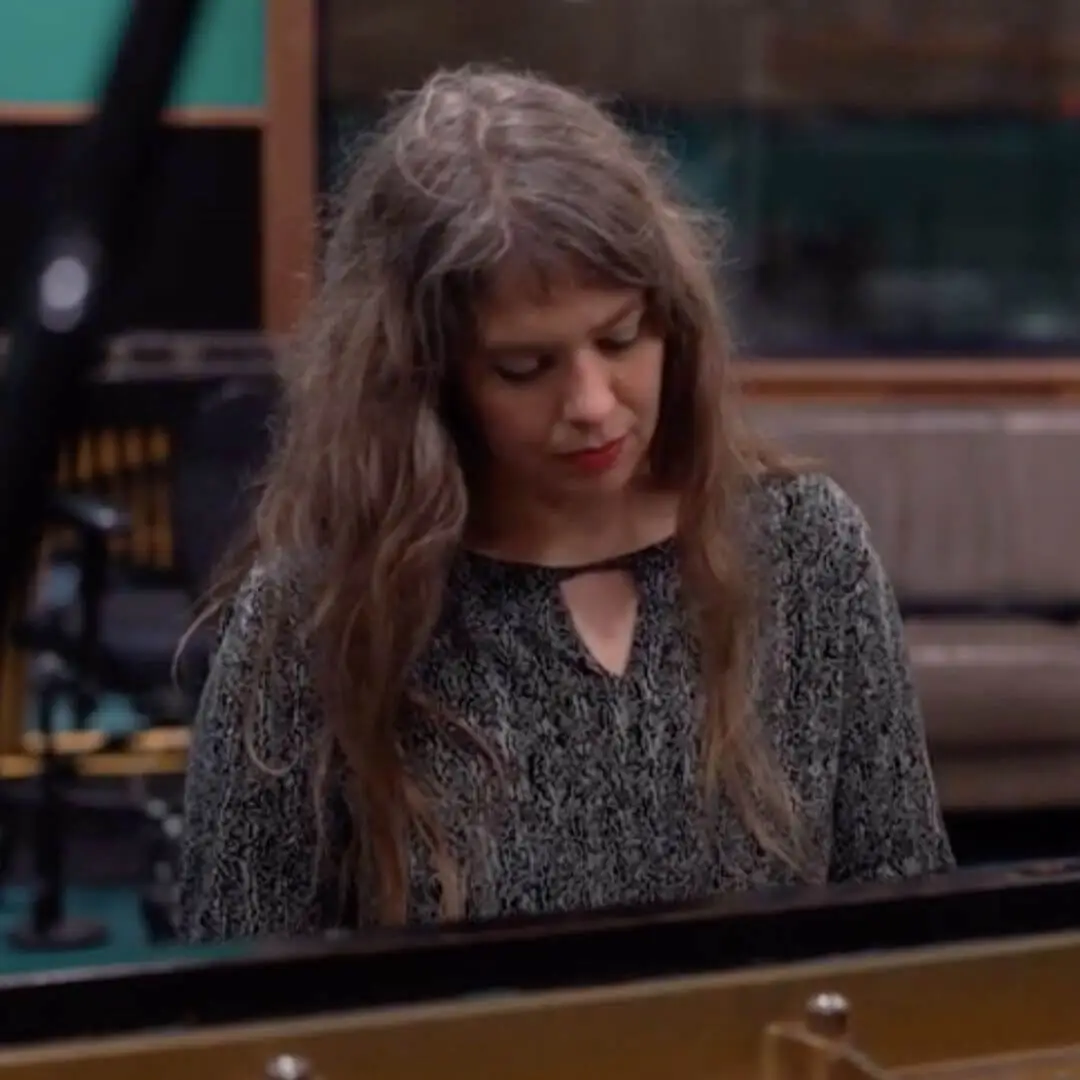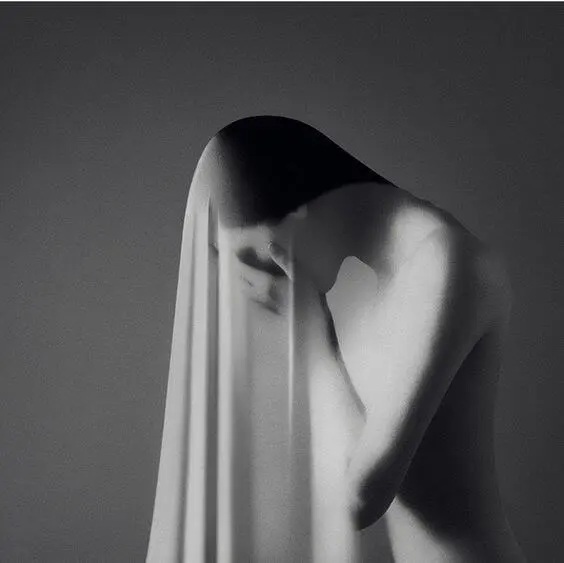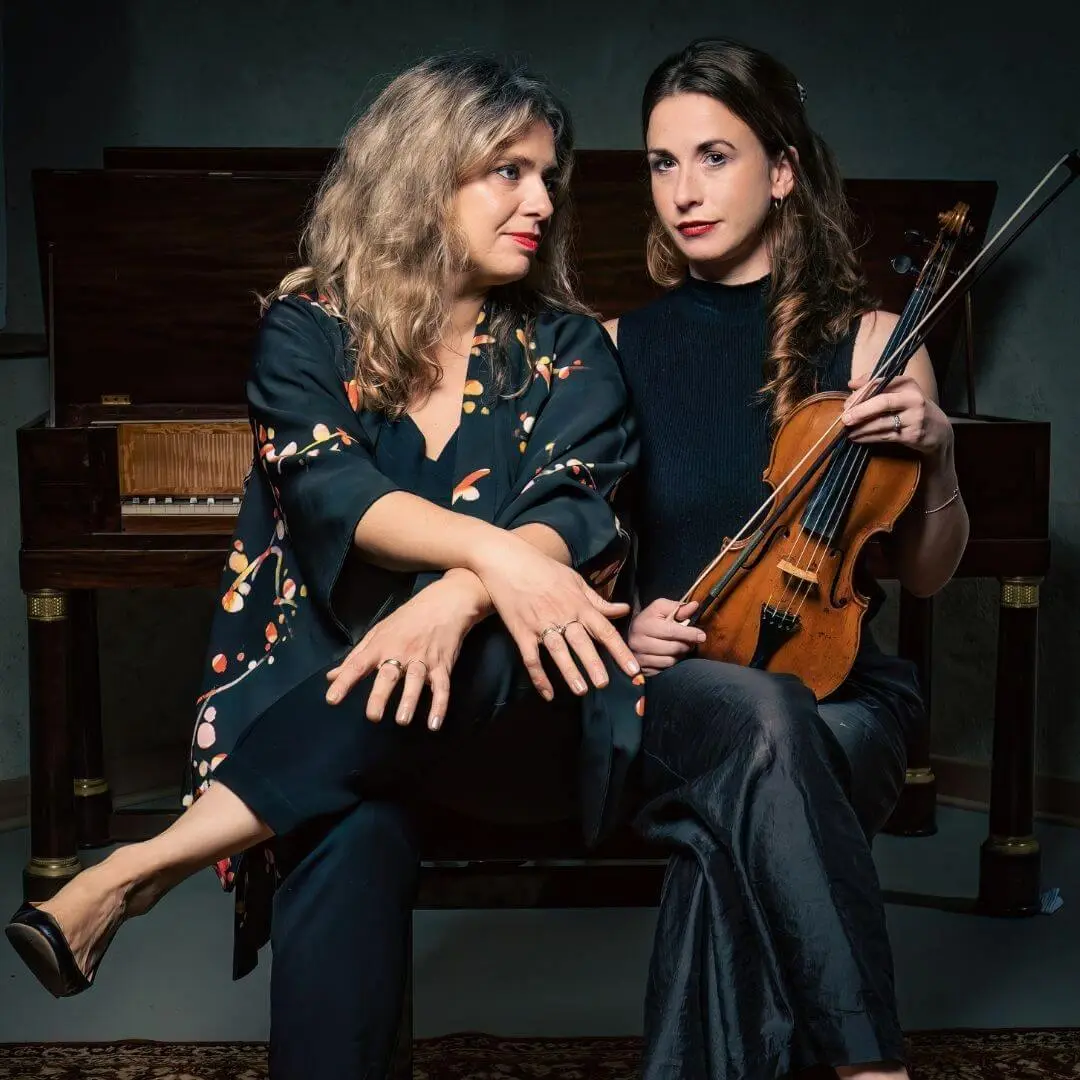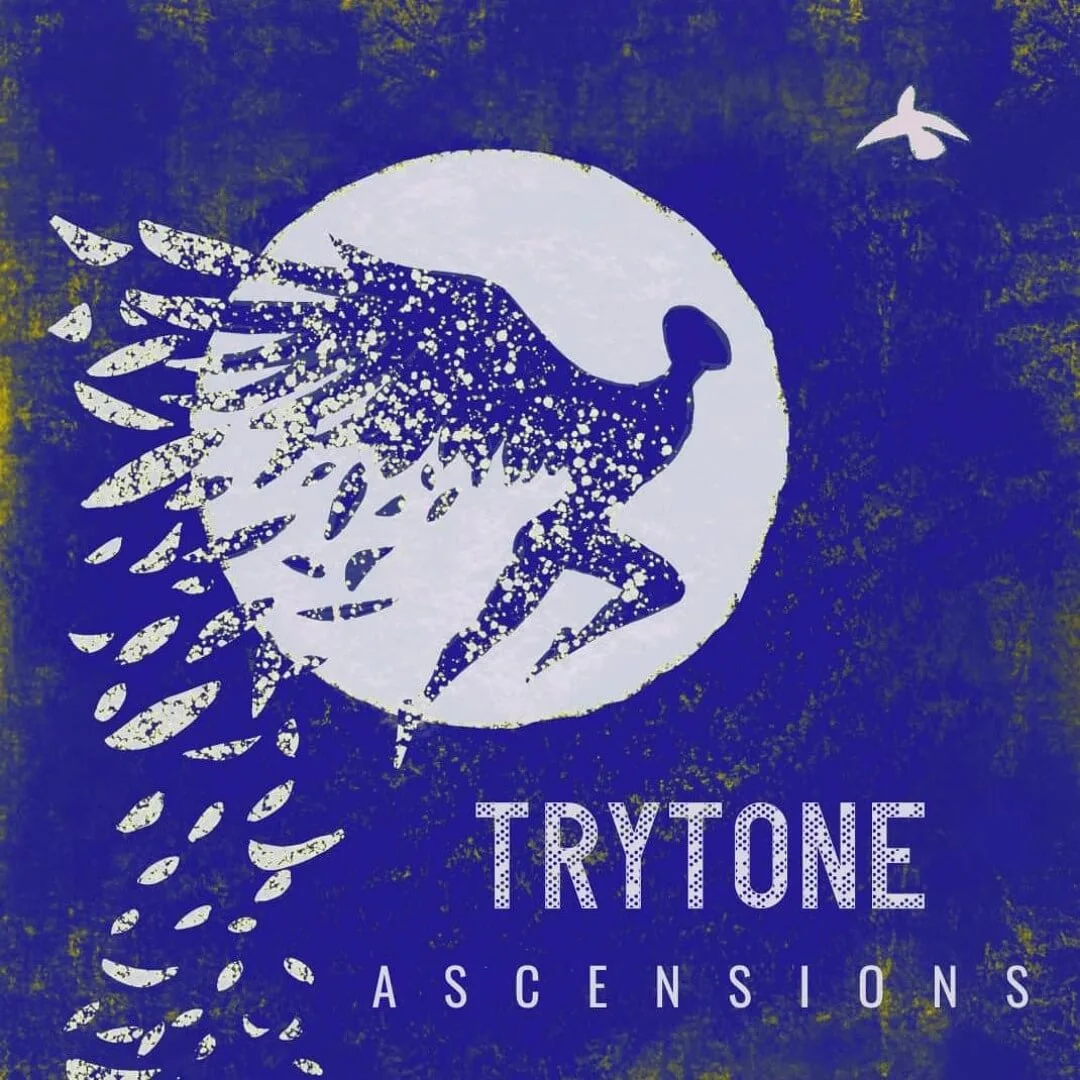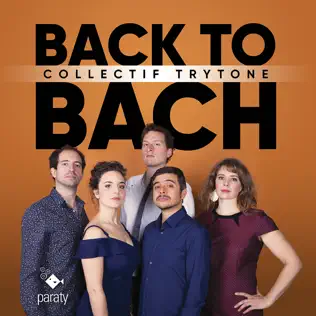MY PROJECTS
Météores
Solo Project
Météores is Lucie de Saint Vincent’s newest project. An intimate journey featuring her original works for solo piano. A musical exploration of human emotions, perceived as the ephemeral and luminous phenomena that traverse our lives and influence our understanding of the world.
Passio
Creation
Passio is a contemporary oratorio centred on the histories of sacrifice and reinvention of women today. In this passion, universal feminine figures from diverse cultures make themselves heard/lift up their voices/let their voices be heard against a non-eurocentric backdrop as they strive to rewrite their stories.
Duo Edelmann
Project
The musical explorations of Duo Edelmann revolve around works for solo piano and keyboard sonatas with violin accompaniment, highlighting the works of women composers who—although often overlooked—have made rich contributions to the musical landscape/have made a wealth of contributions to the musical landscape.
Released November 2024
Des dentelles à l'échafaud
CD album — winner of the Diapason d’or
In this album, fortepianist Lucie de Saint Vincent presents the rediscovery of two remarkable/noteworthy French women composers from the late eighteenth and early nineteenth centuries through pieces played on two historical instruments.
April 2022
Ascensions
Creation
”Ascensions” revisits the musics of the Mediterranean through works for trio featuring Eastern
voice, piano and contrabass. The Collectif Trytone creates a music situated at the intersection of traditional Eastern music, the Western classical tradition and jazz, all of which is blended with different forms of improvisation. The instruments and the voice vibrate in dialogue, carried by the colourful, rich and surprising influences that these three musicians have discovered during their musical peregrinations.
Februari 2021
Back to Bach
CD Album – winnar of the Opus d’Or
There is often a clear distinction drawn between the practice of improvisation and the practice of Western scholarly music: one is considered to be the spontaneous—if not perilous—product of a moment in time, while the other is viewed as the art of perfection, reproduction and interpretation. However, like Nadia Boulanger, the Collectif Trytone holds that this apparent distinction does not in fact have to separate these two practices. Although Bach’s oeuvre unquestionably represents a zenith in the sphere of artistic activity, why should it be considered untouchable? Even the emergence of a “historically informed” interpretation in the 1970s—which emphasised research as well as using sources and instruments from that period—doesn’t necessarily guarantee a definitive return to Bach’s sonic world.
